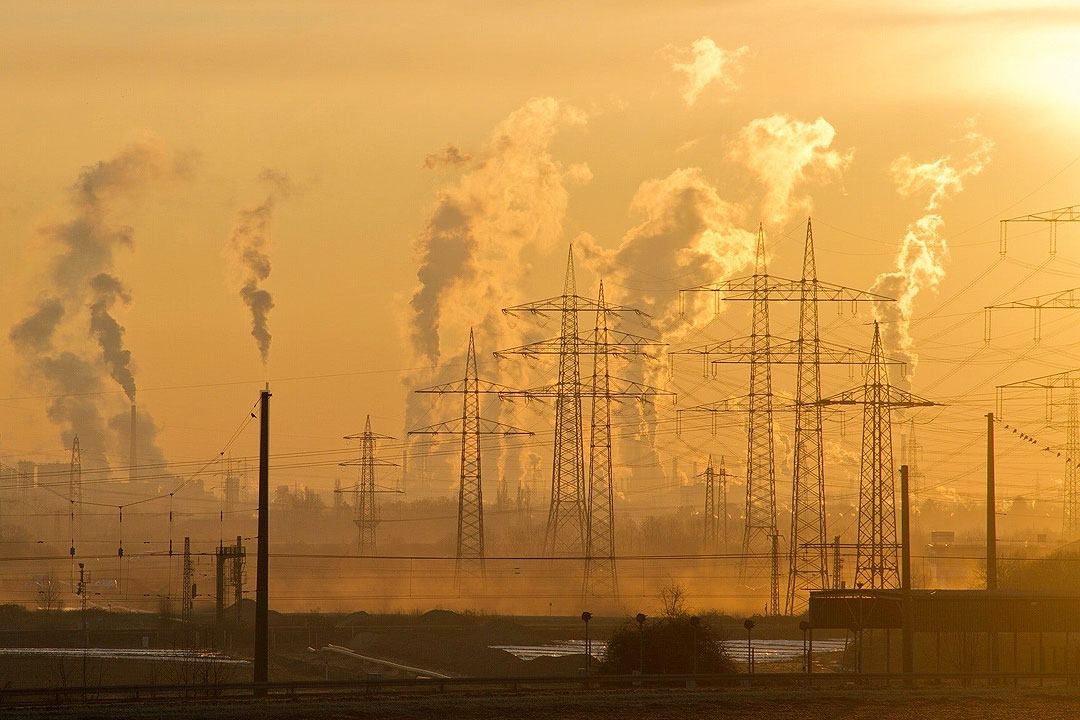AIR QUALITY standards are falling behind international norms, with the two-decade-old Clean Air Act not up to the task of minimizing untimely death as a result of substandard air, clean air advocates said in a report.
The Centre for Research on Energy and Clean Air (CREA) and the Institute for Climate and Sustainable Cities (ICSC) said in their report that neglecting air quality costs the Philippines P4.5 trillion a year and may have inflated the pandemic death and illness count by up to 15%.
“Air quality is not an abstract issue. Air pollution costs the Philippines P4.5 trillion every year, which in 2019 represented 23% of our GDP,” according to Isabella Suarez, an analyst at the Centre for Research on Energy and Clean Air (CREA) and a co-author of the report, known as “Aiming Higher: Benchmarking the Philippine Clean Air Act.”
“Neglecting air pollution comes with a heavy bill in the form of increased healthcare and welfare costs, as well as loss of labor and economic productivity,” she said in a statement accompanying the report.
The report estimated the tally of premature deaths due to poor air quality at 66,000 a year.
“If this does not spell out how urgent the situation is, it’s hard to imagine what else can spur the government to truly implement the country’s Clean Air Act. Our findings show the degree to which Filipino’s long-term exposure to air pollution increases the risk of developing illnesses such as asthma, lung cancer and stroke, as well as comorbidities to COVID-19,” according to Vince Carlo Garcia, a research analyst with the Institute for Climate and Sustainable Cities and a co-author of the report.
CREA and the ICSC noted that in September, the World Health Organization (WHO) revised its recommended “safe levels” of air pollution based on growing evidence that air pollution is more dangerous to human health than previously estimated. The organizations estimated that if the WHO guidelines are met, “the country’s annual air pollution-related deaths could be reduced by more than half while economic costs would reduce to a third.”
Deputy Speaker Loren Legarda, principal author of the Clean Air Act, was quoted as saying in the statement: “Millions of premature deaths around the world have been attributed to poor air quality and millions more are exposed to higher levels of pollution from a growing number of pollution sources. Some of the pollutants also contribute to climate change.”
Ms. Legarda added that the Philippines is exceeding “by more than 200% what is deemed to be safe” according to the WHO’s new guidelines. She added: “The adverse impacts of climate change and poor air quality do not recognize political colors. It is incumbent upon us to come together and take leadership in the effort to promote the health of the environment and of our people.”
Ms. Legarda called for a Joint Resolution of Congress “to constitute the Congressional Oversight Committee on the Clean Air Act.”
